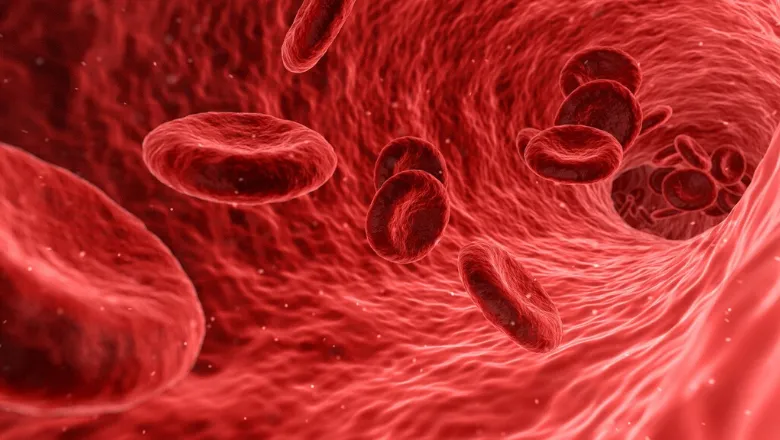The COVID-19 pandemic has left patients with cancer feeling more vulnerable than ever. With this new data, oncologists will be able to provide patients with a more individualised risk assessment and ensure that life-saving cancer treatments can continue in the safest possible way.
Dr Daniel Hughes, the clinical and national support lead of the project, from the School of Biomedical Engineering and Imaging Sciences
26 August 2020
Blood cancer patients most at risk of COVID-19 than other cancer patients
Patients with blood cancers are more vulnerable to COVID-19, a study has found.

The study, published recently in the Lancet Oncology by the UK Coronavirus Cancer Monitoring Project (UKCCMP), contributed to by King’s in partnership with Oxford University and Birmingham University, found that blood cancer patients were particularly at risk from severe COVID-19.
The study showed they had 57% higher odds of getting severe symptoms if they contract COVID-19 compared to other cancer patients, such as breast cancer, which was shown to have the lowest risk overall.
Since COVID-19 has spread globally, cancer patients have been identified as a sub-group who are potentially more at risk of infection of COVID-19 and could potentially suffer from serious disease consequences. Since March, more than 60 cancer centres across the UK have entered data into the UKCCMP database with information on adult cancer patients who contracted COVID-19.
Using this data, researchers have been able to determine which tumour-types were more at risk of COVID-19. Patients with haematological cancers, particularly older patients and those with leukaemia, had a more severe COVID-19 trajectory compared to patients with solid organ tumours.
This study, which calculated the risk of cancer types and disease severity, can help to aid clinicians and patients to make informed decisions about treatment. The risk tables can help doctors discuss the risks and benefits with patients, and the tables also gives healthcare providers an evidence base to design measures to ensure that they maintain access to life-saving treatments as safely as possible.
